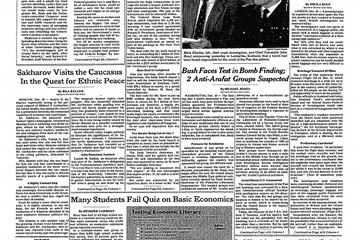The Impact of Tommy Shelby in Peaky Blinders

Introduction
Tommy Shelby, the formidable leader of the Peaky Blinders gang, has captivated audiences since the show first premiered in 2013. Played by the talented Cillian Murphy, Shelby is not just a character in a popular television series; he represents the tumultuous time period of post-World War I Britain and embodies themes of ambition, loss, and moral ambiguity. The significance of Shelby’s character within the context of the show and its cultural impact cannot be understated, as he has become a symbol of resilience and complexity.
The Character of Tommy Shelby
From the very beginning, Tommy Shelby is depicted as a shrewd and ruthless businessman, navigating the gritty world of Birmingham’s criminal underbelly. His character is shaped by his experiences in the war and the scars it left on him, both physically and emotionally. This background provides depth to his actions and decisions, making him a relatable anti-hero rather than a mere villain. Throughout the series, Shelby’s quest for power and respect drives him to make morally questionable choices, leaving a trail of destruction and heartbreak.
Plot Developments and Themes
As the series progresses, we witness Tommy’s evolution from a gang leader focused solely on expanding his family’s influence to a man seeking redemption and a sense of identity. Key plot developments, such as his interactions with rival gangs, government officials, and his own family, highlight the internal conflicts he faces. The themes of loyalty, betrayal, and the impact of trauma on personal relationships are intricately woven into the narrative, showcasing Tommy’s struggle to balance his criminal empire with his desire for a normal life.
Cultural Impact and Legacy
Tommy Shelby’s character has resonated with fans globally, leading to a resurgence of interest in the fashion and culture of the 1920s, exemplified by the show’s distinct style. The term ‘Peaky Blinders’ has become synonymous with a particular blend of UK working-class aesthetics and street fashion, driven by Shelby’s sharp suits and flat caps. Moreover, his brutal pragmatism and complex morality have sparked discussions about anti-heroes in contemporary media. The show’s success has opened doors for a potential film adaptation and spin-offs, further cementing Shelby’s legacy in popular culture.
Conclusion
In conclusion, Tommy Shelby serves as a captivating focal point in Peaky Blinders, appealing to viewers intrigued by flawed yet compelling characters. His journey through ambition, loss, and the quest for redemption speaks to broader societal themes, making his story not only entertaining but also profoundly relevant. As audiences await the next chapter for the character, it is clear that Tommy Shelby has left an indelible mark on television history, ensuring that the Peaky Blinders phenomenon will endure for years to come.









